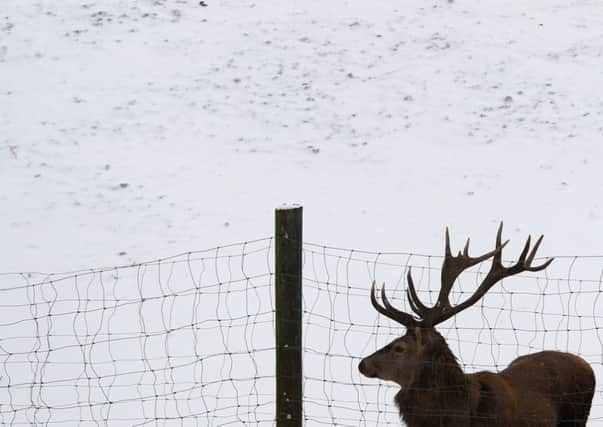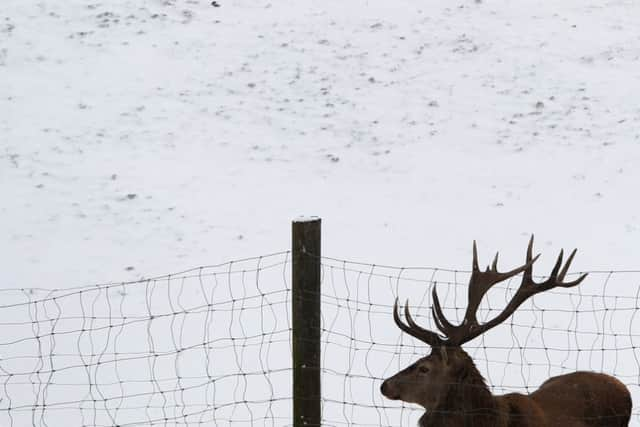MSPs make plea for improvements in deer management


Deer culls have fallen in the last decade and around a third of Scottish native woodland is showing signs of damage from the animals, Holyrood’s Rural Affairs, Climate Change and Environment Committee said.
A voluntary deer management code of practice was introduced in 2012, but since then there have been reports of groups meeting in private and “intimidating” those looking to cull deer against the wishes of the majority of the group.
Advertisement
Hide AdAdvertisement
Hide AdDeer management groups (DMGs) should make themselves more transparent and accountable to the public or face the risk of statutory regulation, the committee has recommended.


Convener Rob Gibson said: “We need deer management groups to be effective and environmentally responsible, bringing in all interests, not just those of landowners.
“The committee considers that there is no definitive evidence of the need to introduce a statutory duty of sustainable deer management for deer management groups at this point in time.
“However, if all deer management groups do not get their act together, this committee will have no choice but to recommend further action.”
Some stakeholders told the committee that it is premature to make a judgement on a code that has only been in place since 2012, but others said the code is merely a continuation of voluntary practices “which had been failing to secure deer management in the public interest for over 50 years”.
In a letter to Environment Secretary Paul Wheelhouse, the committee said: “The work of deer management groups is not transparent, with some exceptions.
“For example, it is not possible to find out when they meet or how to attend their meetings, or what, if any, arrangements they have in place to plan the management of deer.
“It is also not possible to assess how well these plans are working, or for the public to contribute to the development of the plans.
Advertisement
Hide AdAdvertisement
Hide Ad“Some witnesses said that they found the atmosphere at meetings intimidating, especially for members who are seeking to reduce deer numbers against the wishes of the majority of group members.
“Other witnesses told the committee that the groups were increasingly embracing deer management planning.
“The committee considers that the current and predicted pace of movement towards all DMGs having demonstrably effective and environmentally responsible management plans in place is too slow.
“The committee is concerned that the work of some deer management groups is insufficiently transparent and publicly accountable.
“The committee recognises that there may, at times, be a need for some matters to be considered in private, however the committee expects a significant proportion of these meetings to be open and accessible to all interested bodies and individuals.”
SEE ALSO